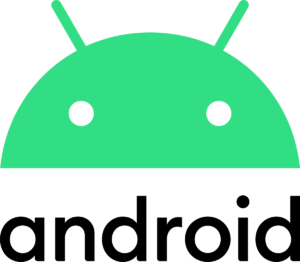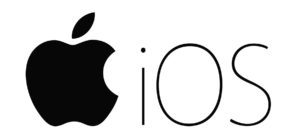Welcome to the ultimate showdown of the tech world – Android vs iOS. The age-old debate of which platform is better has been raging for years, with both sides fiercely defending their choice. But which one truly reigns supreme? Join us as we dive deep into the features, pros, and cons of both Android and iOS to finally settle the score and find out which platform is truly the better choice for you.
In the world of smartphones, two dominant operating systems have emerged: Android and iOS. Both have their own set of features and benefits, and choosing between them can be a difficult decision. In this article, we will take a closer look at the differences between Android and iOS to help you understand which one might be the best fit for your needs.
In this article, we will take a closer look at the differences between Android and iOS to help you understand which one might be the best fit for your needs.
First, let’s take a look at Android. Developed by Google, it is the most widely used mobile operating system in the world. One of the main advantages of Android is its customization options. User can customize their home screens, download third-party apps, and change the default settings. Another advantage of Android is its wide range of devices. Many manufacturers produce Android devices, meaning there is a large selection of phones to choose from at various price points. Additionally, the Android operating system is open source, which allows for a broader range of apps and games to be developed.
Now, let’s take a look at iOS. Developed by Apple, it is the operating system used on all of the company’s mobile devices, including the iPhone and iPad. One of the main advantages of iOS is its simplicity and ease of use. The interface is intuitive and easy to navigate, making it a good option for those who are not tech-savvy. Additionally, iOS is known for its security features and frequent software updates, which help keep your device and personal information safe. However, one of the downsides of iOS is the limited number of devices available. The only devices that use iOS are the iPhone and iPad, which can be more expensive than some Android devices.
Both Android and iOS have their own Pros and Cons, below are the Pros and Cons that you might encounter when using their operating system.
Pros of Android:
- Customization options: Android allows users to customize their home screens, download third-party apps, and change the default settings.
- Wide range of devices: Many manufacturers produce Android devices, meaning there is a large selection of phones to choose from at various price points.
- Open source: The Android operating system is open source, which allows for a broader range of apps and games to be developed.
- Affordable: Many android devices are available at a more affordable price than iOS devices.
- Google services integration: Android devices have seamless integration with google services like Google Maps, Google Assistant, Google Drive, and more.
Cons of Android:
- Fragmentation: Because Android is used on a wide range of devices from various manufacturers, it can be fragmented and not all devices receive software updates at the same time.
- Security: Android has been known to have more security vulnerabilities than iOS, and users need to be more aware of potential security threats.
- Bloatware: Some Android devices come with pre-installed apps, known as bloatware, that can’t be uninstalled.
Pros of iOS:
- Simplicity and ease of use: The interface of iOS is intuitive and easy to navigate, making it a good option for those who are not tech-savvy.
- Security: iOS is known for its security features and frequent software updates, which help keep your device and personal information safe.
- Consistency: Because all iOS devices come from the same manufacturer, there is a consistent user experience across devices.
- App quality: The App Store has a stricter review process which results in higher-quality apps.
- Integration: iOS devices have seamless integration with other Apple products such as Macs and iPads.
Cons of iOS:
- Limited device choice: The only devices that use iOS are the iPhone and iPad, which can be more expensive than some Android devices.
- Less customization: iOS has fewer customization options compared to Android.
- Closed ecosystem: iOS is a closed ecosystem, which means users are limited in terms of the apps they can download and use.
- No expandable storage: Most iOS devices don’t have expandable storage, and users need to rely on cloud storage or external storage.
- No support for third-party apps to replace default apps.
As you can see both Android and iOS have their advantages and disadvantages. Ultimately, the choice between Android and iOS depends on your individual needs and preferences.
The Android-iOS divide has long been a topic of debate among smartphone users, but ultimately, the choice between the two comes down to personal preference and individual needs. Whether you want the customization options and wide range of devices offered by Android, or the simplicity and security of iOS, both platforms have their strengths and weaknesses. In the end, it’s all about finding the operating system that best fits your lifestyle and needs.
So, the question remains – Android or iOS? The choice is yours!



